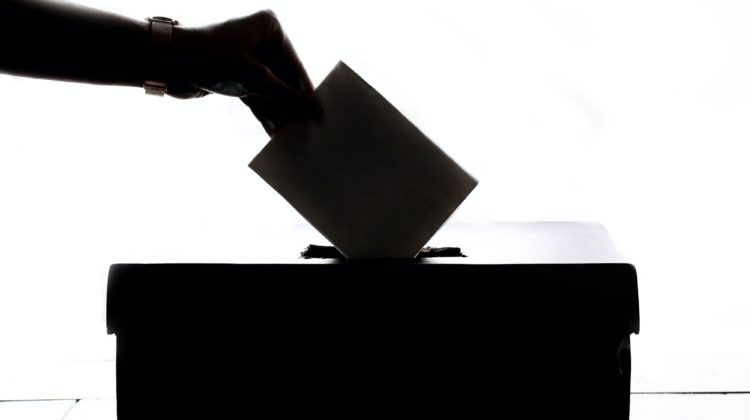
In the last decade, cannabis has become a major political issue in the US. Voter interest in the federal legalization of cannabis is currently at an all-time high. According to new polling data, 60% of American adults support full federal legalization. What was once a marginal topic in national political discourse is now a defining element of American elections.
Because of cannabis’s political centrality, new bills and laws emerge each year that seek to legally redefine cannabis on the state and local levels. Candidates feel they must align or distance themselves from national and state-wide legalization, with these calculations usually falling cleanly on partisan lines.
Every election year, more states are permitting, through direct voting, either the medical or recreational use of cannabis. The latest midterms were no different. Cannabis legalization was featured on the ballot of five states in 2022—and out of those five, two successfully passed recreational cannabis.
The States
The five states on the ballot were Maryland, Arkansas, Missouri, North Dakota, and South Dakota. Four of these states—Arkansas, Missouri, North Dakota, and South Dakota—were especially notable for attempting to pass cannabis legislation in a primarily conservative state.
In the past, this has worked in majority-republican states such as Alabama (where medical cannabis was permitted in 2021) and even ultra-conservative Utah (which passed medical cannabis in 2018).
However, for obvious partisan and ideological reasons, most states that have passed medical or recreational cannabis laws have been democratic.
One of these Republican states, South Dakota, has previously passed legislation allowing for recreational cannabis in 2020. Unfortunately, the measure was contested and struck down in the state supreme court due to South Dakota’s “single-subject rule” for ballot initiates. As Rolling Stones explains, “the measure wasn’t narrowly focused enough” to meet this rule that permits only one subject per ballot initiative.
Where Cannabis Passed—And Where it Failed
Out of four conservative states, only one has successfully passed a law legalizing cannabis for recreational purposes: Missouri. The law passed by a small margin, 53% to 47%, but passed, nonetheless. Not only did recreational cannabis pass, but the bill also included record expungement for anyone convicted of a non-violent cannabis offense.
Recreational cannabis and cannabis law reform also passed in Maryland—a democratic state where the law was favored to pass. In a similar move to Missouri and other states, all personal possession convictions will be expunged and even possession with intent to distribute is eligible for expungement after three years.
The other three states—Arkansas, North Dakota, and South Dakota—all failed to legalize cannabis for recreational use. Even South Dakota, which had passed recreational cannabis in 2020 before being struck down by the state supreme court, was unable to pass recreational cannabis.
Despite the majority of the five states failing to legalize cannabis on the state level, even one conservative state permitting recreational cannabis is cause for celebration.
The Status of Federal Cannabis Laws
Although the midterms were the primary way of legalizing cannabis on the state level, there were other crucial events earlier in 2022 that changed cannabis in America.
In October, President Joe Biden pardoned all federal offenses for possession of cannabis. In a White House press release, the President wrote that “no one should be in jail just for using or possessing marijuana.”
Although the pardon only applied to a small minority of those convicted for cannabis possession—less than 10,000 people—there was hope for future legalization efforts.
The President ordered the Secretary of Health and Human Services and the Attorney General to review the federal classification of cannabis. In the future, cannabis could be re-scheduled or even decriminalized.
While cannabis wasn’t re-scheduled in 2022, it may be addressed this year by the Biden administration. In the meantime, the laws are quickly changing state by state.


It is NOT legalization but instead “regulated Prohibition” please